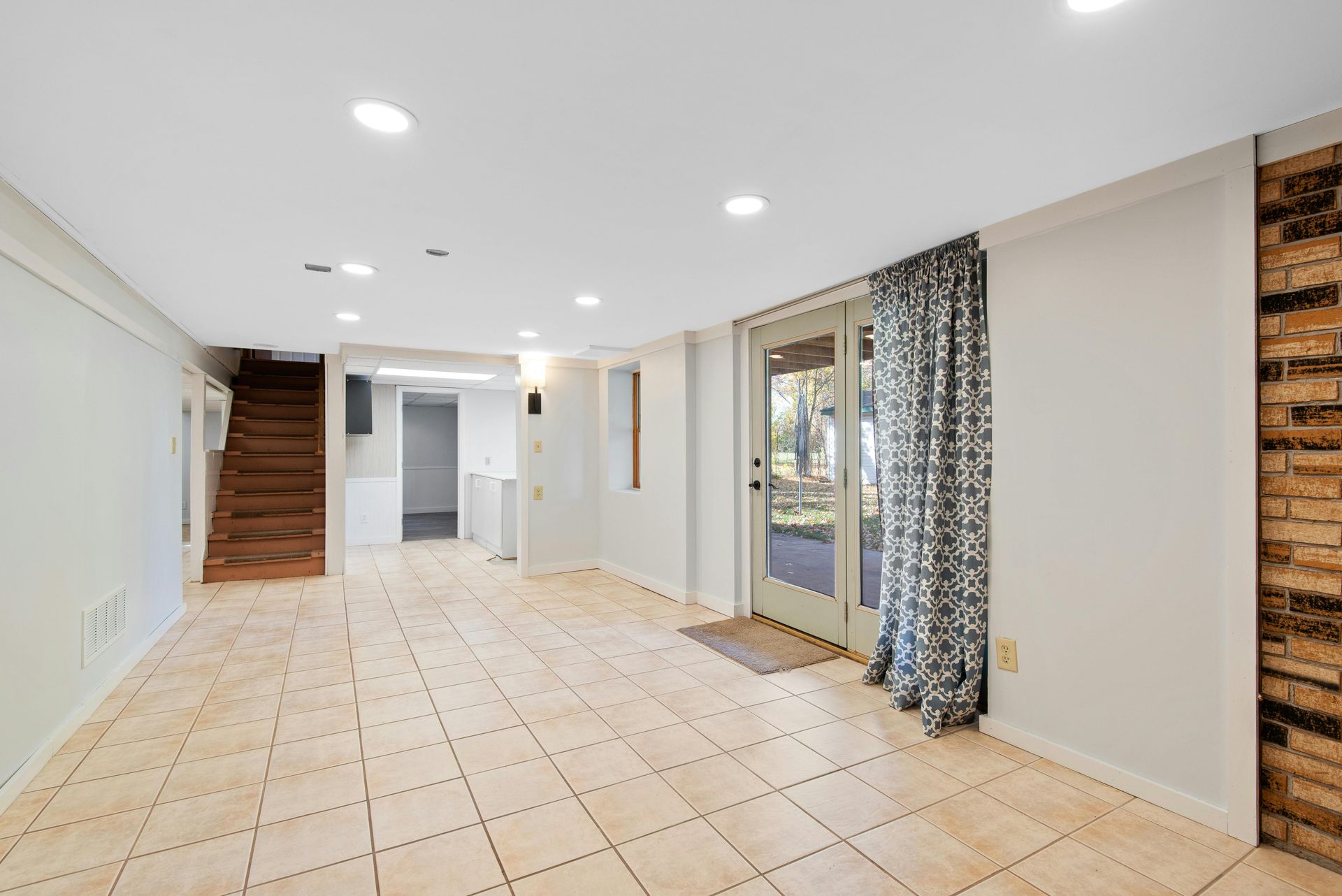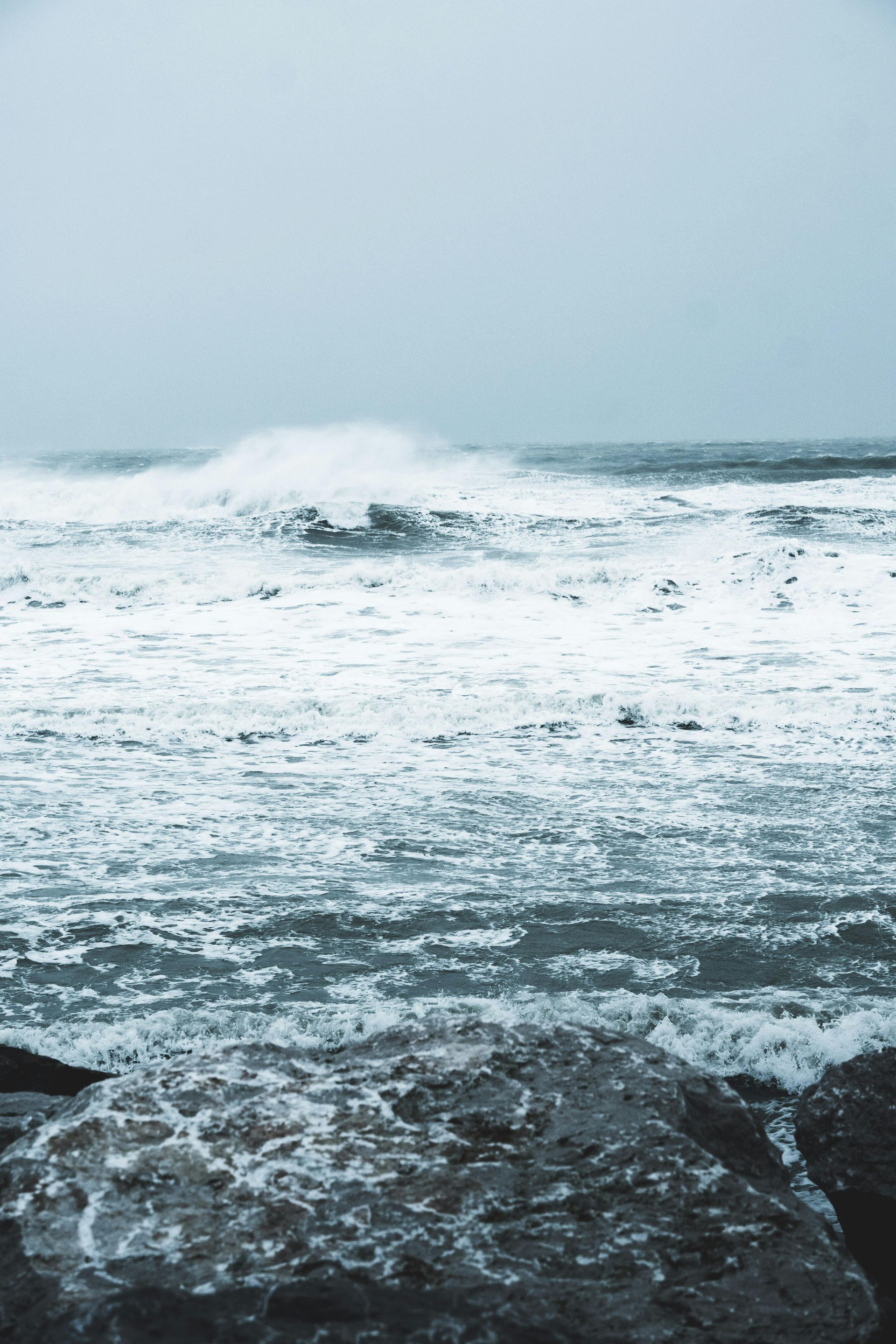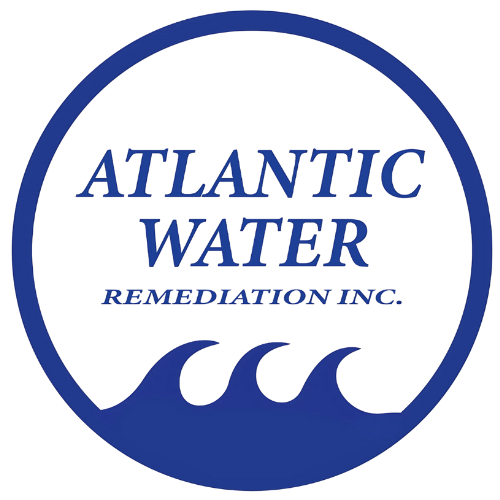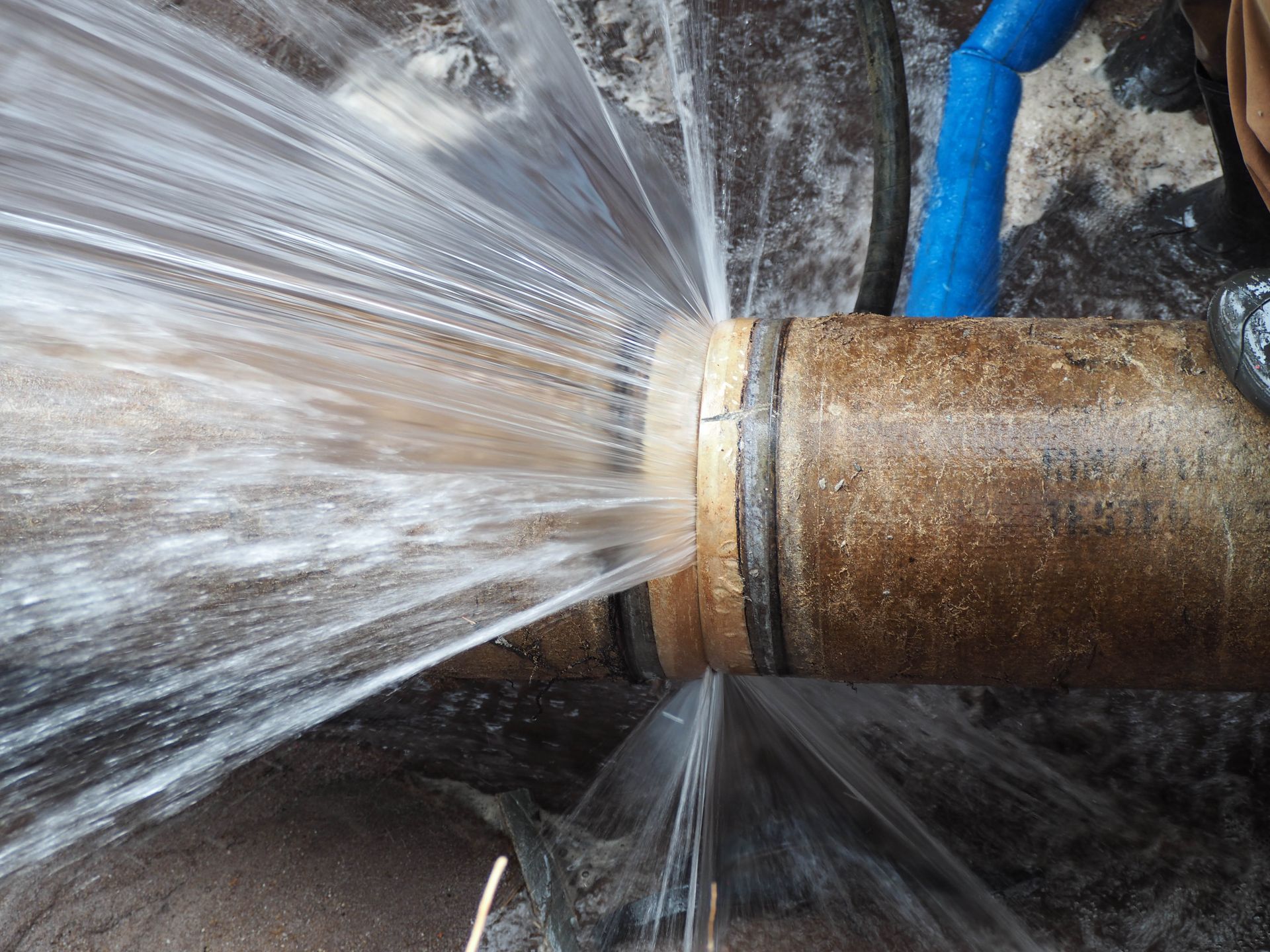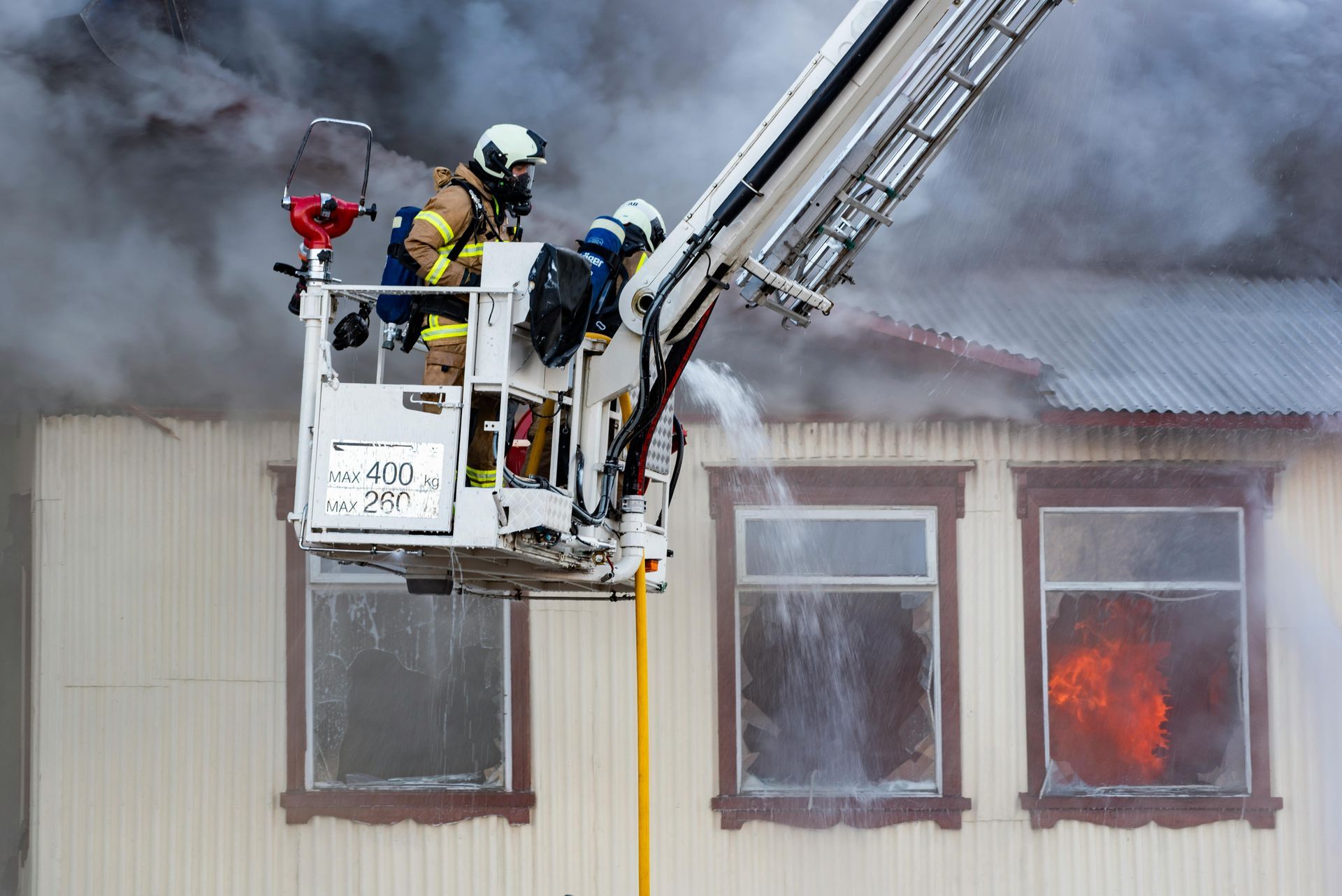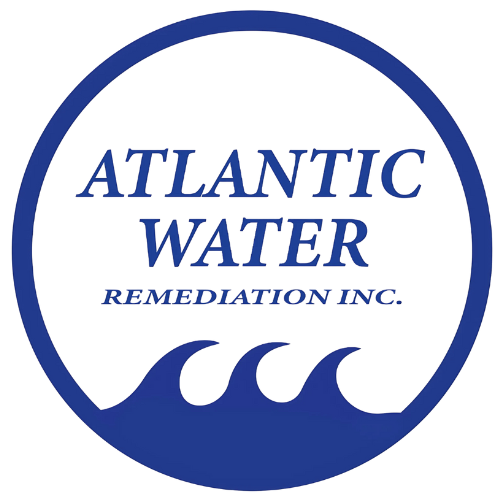The Real Costs of Ignoring Flood Damage & Why Quick Action Matters
Whether it’s because of a burst pipe, storm surge, or that dreaded basement backup, when water finds its way into your house it can be tempting to just mop it up, cross your fingers, and hope for the best. But the truth is, ignoring flood damage can get expensive fast. Really fast
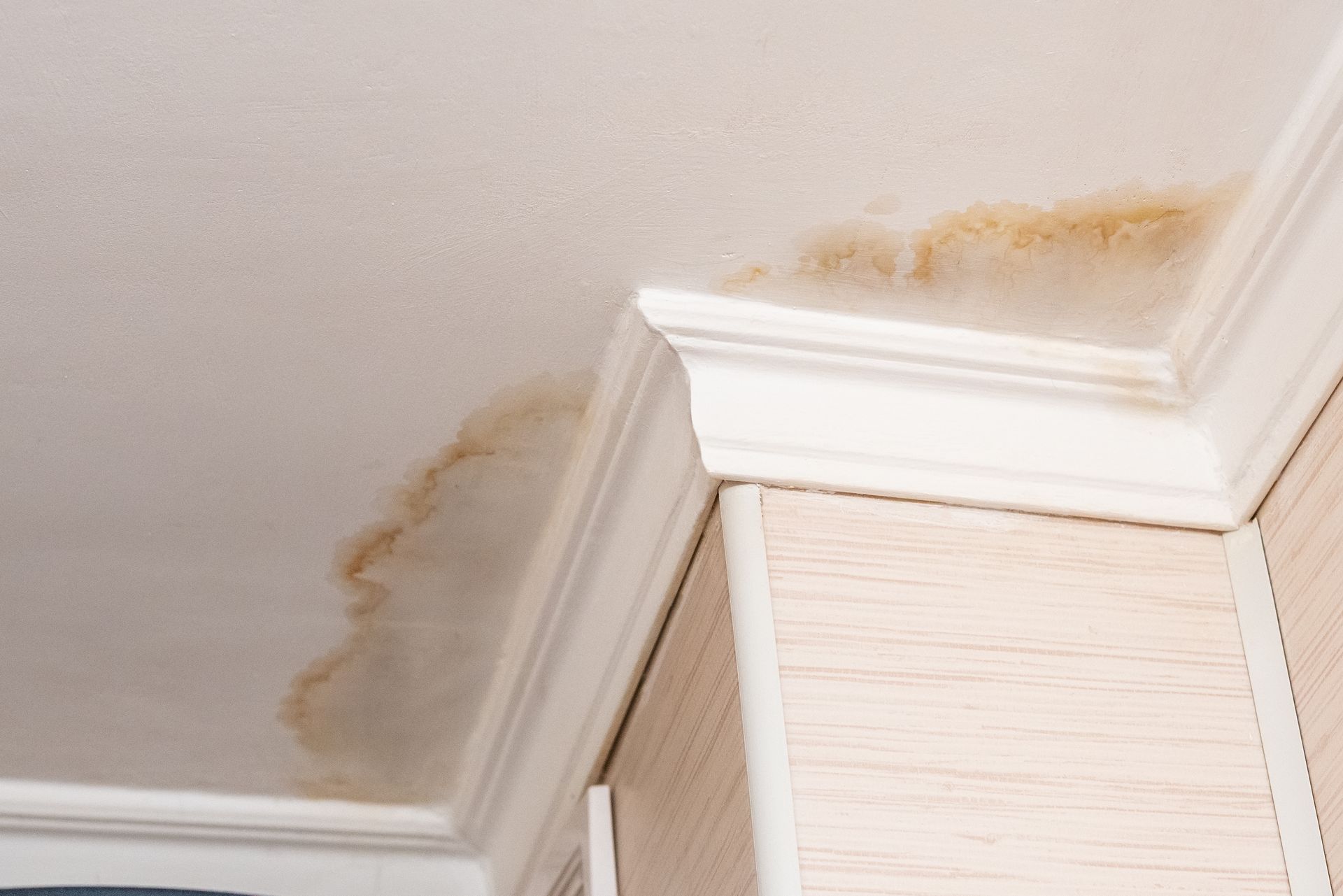
Working in water damage repair, we see what look like tiny water issues in homes and local businesses turn into major, costly problems. And with storm season becoming more unpredictable around Greater Boston, knowing when (and why) to take action can protect your home and your wallet.
We get a lot of questions about why water shouldn’t be allowed to sit, and what really happens when you let it. When it comes to flooding we’ll say it again and again - quick action isn’t just smart, it’s essential for protecting your home and your family!
1. Mold Grows & Moves Fast - Really Fast
If you think mold takes a while to settle in, think again. According to the Environmental Protection Agency (EPA), mold can begin growing within only 24 to 48 hours of water exposure. Once it’s established, it spreads behind walls, under floors, and inside insulation - places you may not even realize are affected, and places that make it extra hard to clean up! While mold really may just seem like an inconvenience, its health impacts can be substantial for people living in the home. It can impact your indoor air quality and cause serious health issues, especially for people with asthma, allergies, or compromised immune systems.
2. Structural Damage Sneaks Up on You
That small puddle in the basement might not seem like a big deal, but the reality is: water weakens wood, drywall, and even concrete foundation over time. Once rot or warping begins, your home’s structure can become compromised. Water can also soak into these materials and be difficult to extract, creating prime environments for mold to flourish once penetrated.
Water damage that isn’t addressed quickly can result in damage so severe it affects the integrity of your floors, walls, and foundation - especially if the water is contaminated (think sewer backups or stormwater). If you’re dealing with any kind of contaminated water, be sure to check out our Sewage Cleanup page to understand what steps to take. The more contaminated the water, the more important it is to call in a professional and start the remediation process quickly.
3. Health Risks Lurk in Contaminated Waters
Beyond structural concerns, floodwaters often carry unseen dangers. Contaminated water can harbor bacteria, chemicals, and other hazardous substances that pose serious health risks upon contact or ingestion. The longer this water sits in your home or business, the worse this contamination can get and the more infiltration can happen into your home, air ducts, and personal belongings. In the South Shore, we are often concerned about flood water but don’t always think about the potential for contamination. However, just because the water isn’t from a sewage source doesn’t mean that it isn’t contaminated! The CDC warns that floodwater can contain dangerous bacteria from overflowing nearby sewage sources, as well as agricultural and/or industrial waste. Exposure to such contaminated water can lead to diseases and infections. Make sure to protect yourself by wearing appropriate protective gear during cleanup and ensuring that any open wounds are properly covered to prevent infection. Most importantly, contact a professional right away - Getting the water cleared out as soon as possible is critical to prevent worsening contamination.
4. Delayed Action = Denied Claims
There’s something a lot of homeowners don’t realize: While as a water remediation and water damage repair company we find ourselves saying “act quickly!” constantly, we are not the only ones that will tell you that time is of the essence. Insurance companies often require you to act quickly when water damage happens, and the type of damage may also determine whether your homeowner’s insurance will cover anything at all. An unfortunate recent example of this is the impact of Hurricane Milton on Florida homes as homeowners try to submit claims. Waiting too long to report or repair the damage can result in denied claims or reduced payouts because insurance companies also know that damage becomes more costly the longer it takes to take action. That means you could end up footing the bill - even if you’re technically covered.
What Can You Do Right Now?
- Take pictures of any past or present water damage - just in case.
- Know where your water shut-off valve is.
- Save our number in your phone for when you need fast, local help in Quincy, Weymouth, or surrounding towns.
- If you’re unsure what to do, reach out - we’re happy to answer questions and walk you through your next steps.
Whether you’re on the South Shore or Greater Boston, our team understands the unique risks coastal homeowners face - like storm surge, tidal flooding, and groundwater seepage. We’re not a national chain - we are available for 24/7 emergency calls, and are right here in the area to help when you need it the most!
